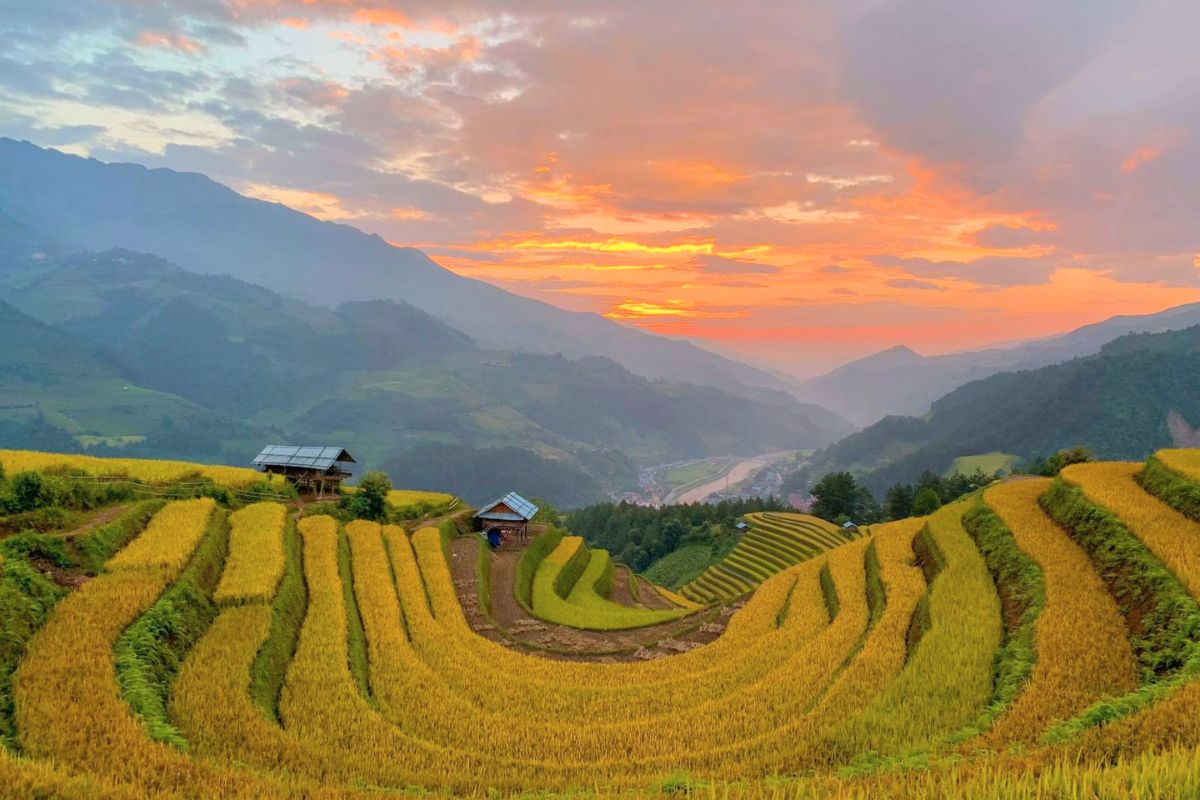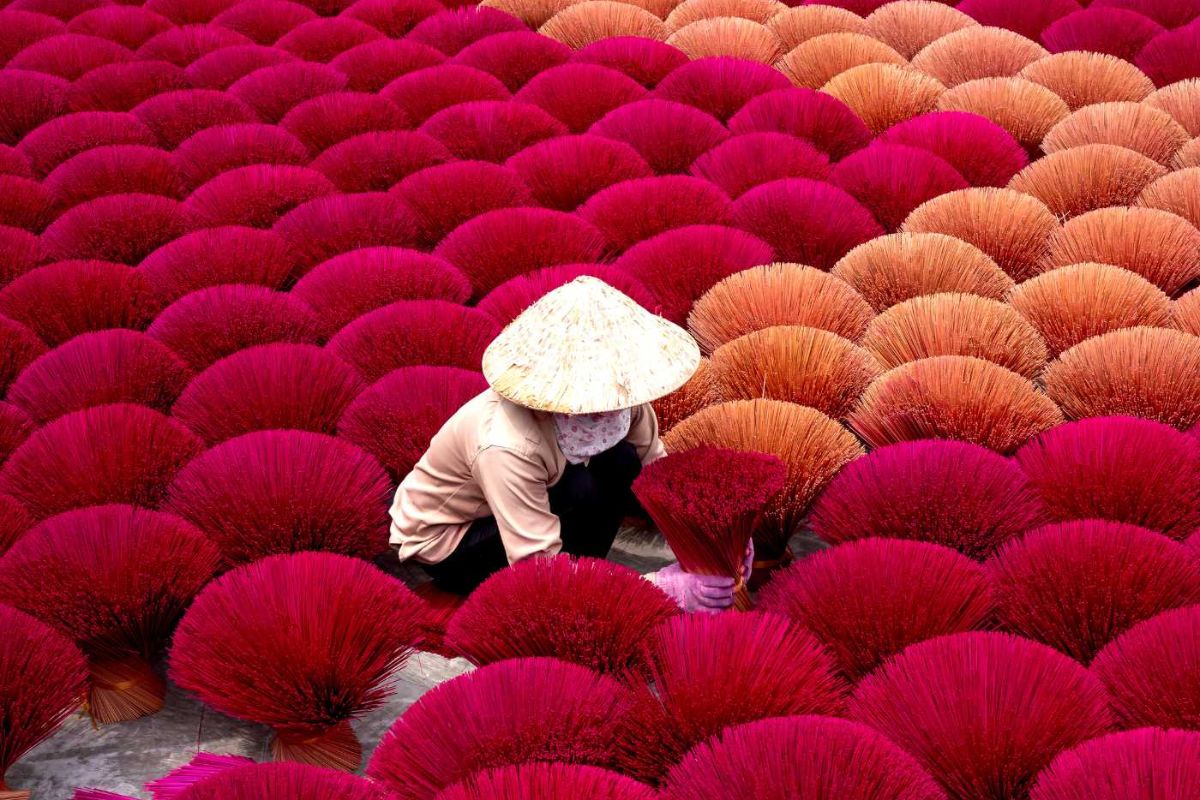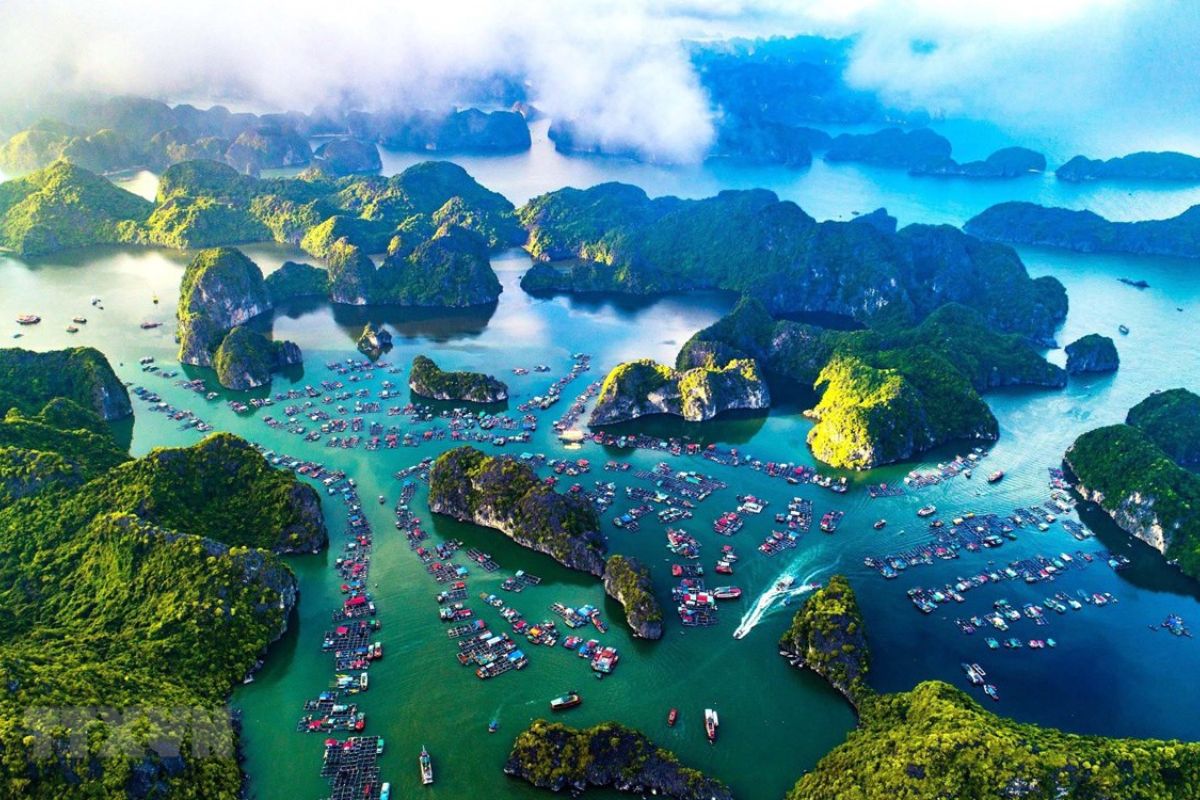TABLE OF CONTENT
Vietnam is a destination that can satisfy all your needs, from breathtaking landscapes and rich culture to delicious cuisine and warm hospitality. To ensure a seamless and memorable trip, some planning is required when planning a vacation in Vietnam. With so much to explore, knowing the best vacation in Vietnam tips can help you make the most of your trip while discovering the unique features of the place.
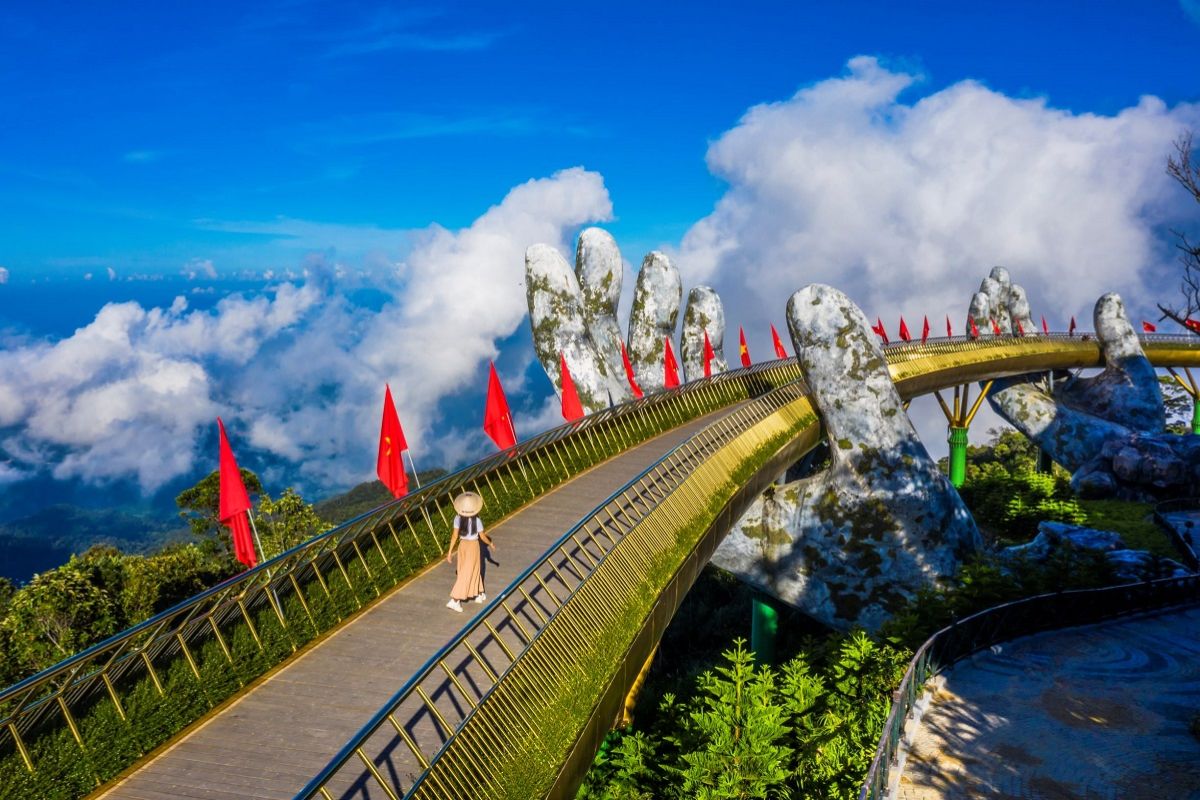
Why Choose Vietnam for Your Vacation?
Every type of traveler can find something to enjoy in Vietnam. Terraced rice fields, pristine beaches and majestic mountains are just a few of the country’s breathtaking natural beauty, complemented by historical sites that pay tribute to its rich history. Furthermore, Vietnam’s vibrant cities, such as Hanoi and Ho Chi Minh City, are hubs of both contemporary energy and traditional charm. Another highlight is its cuisine, which includes delicious dishes such as pho, banh mi and fresh seafood that can be enjoyed in both high-end restaurants and bustling street food markets. Vietnam has become a popular destination for travelers looking for adventure, recreation or cultural immersion due to its accessibility and variety of attractions.
Essential Vacation in Vietnam Tips
Planning Your Trip
Creating a solid travel plan is the backbone of a successful vacation. Decide how long you want to go and which areas you want to visit first. Ha Long Bay and Sa Pa are two of the country’s most spectacular landscapes in the north, while Hoi An and Hue are cultural treasures in the centre. In the south, there is the tranquil Mekong Delta and bustling Ho Chi Minh City. You can include more than one area in your itinerary, or you can focus on just one, depending on your interests. Make sure you allow enough time for each location to avoid feeling rushed.
Another important part of Vietnam travel advice is budgeting. While Vietnam is known as an affordable travel destination, prices can vary depending on your preferred mode of transportation. Include the cost of accommodation, meals, transportation, entrance fees, and tours. Have some spare cash on hand for unforeseen expenses or unexpected events. Booking in advance can help secure the best deals, especially for flights and accommodations.
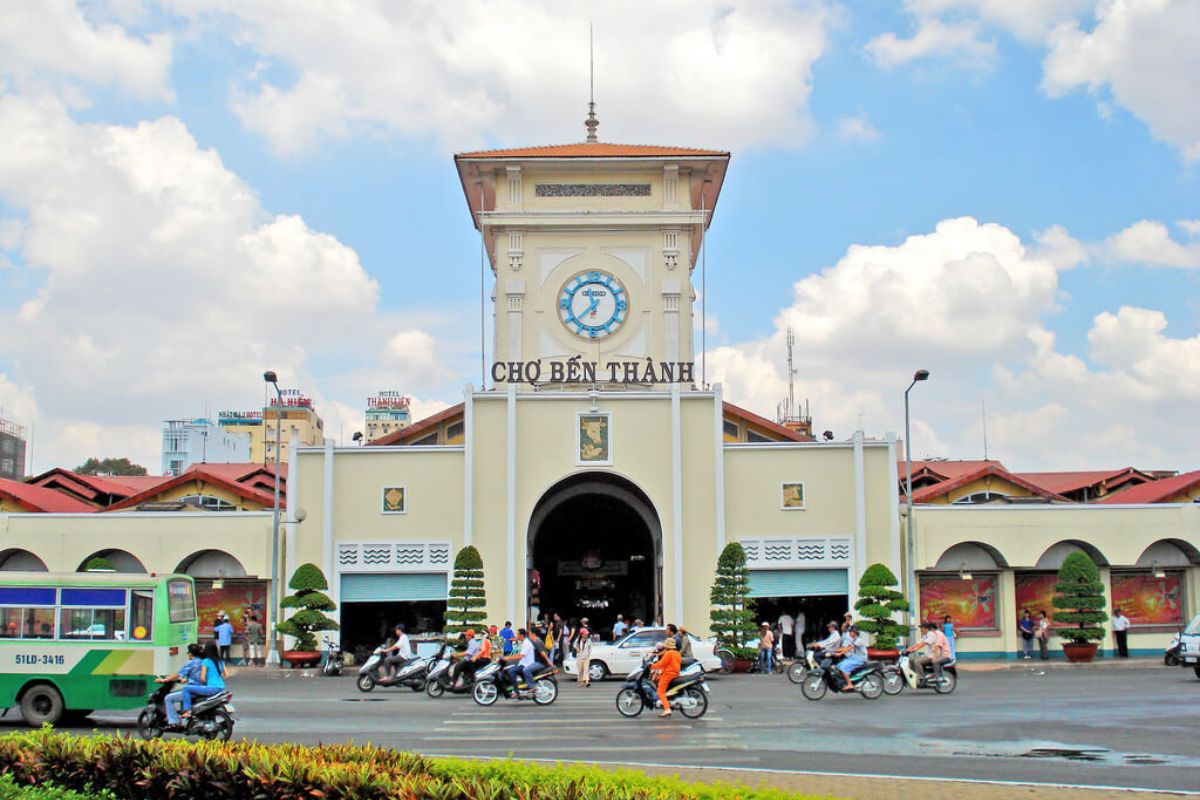
Packing for Vietnam
Packing for Vietnam requires attention to the country’s diverse climate and activities. The tropical climate means light, comfortable clothing is suitable for most of the year, but the cooler months in the north may necessitate warmer layers. Trekking and other outdoor activities require durable footwear and weather-appropriate gear. For convenience, pack a basic first aid kit, travel toiletries, a copy of your passport, and travel insurance.
Devices like a power bank, a smartphone with offline navigation, and a universal adapter can be quite useful when traveling. While Wi-Fi is often free in cities, connectivity in more remote areas is guaranteed with a local SIM card loaded with data. Vietnam is famous for its handicrafts, textiles and coffee, so packing as little as possible will allow for souvenir shopping.
Getting Around in Vietnam
Exploring the S-shaped country of Vietnam is a real adventure. The fastest way to get from one major city to another is by domestic flight. Reliable airlines such as Vietnam Airlines and low-cost carriers such as VietJet Air are your options. For those who want to take a longer and slower route to see Vietnam, trains are an option. If you don’t want to spend a lot of money on transportation, buses are another reasonable option. For quick trips around the city, ride-hailing apps and taxis are practical options. Renting a motorbike will give you the freedom to travel at your own pace and see lesser-known places, making the experience more enjoyable.
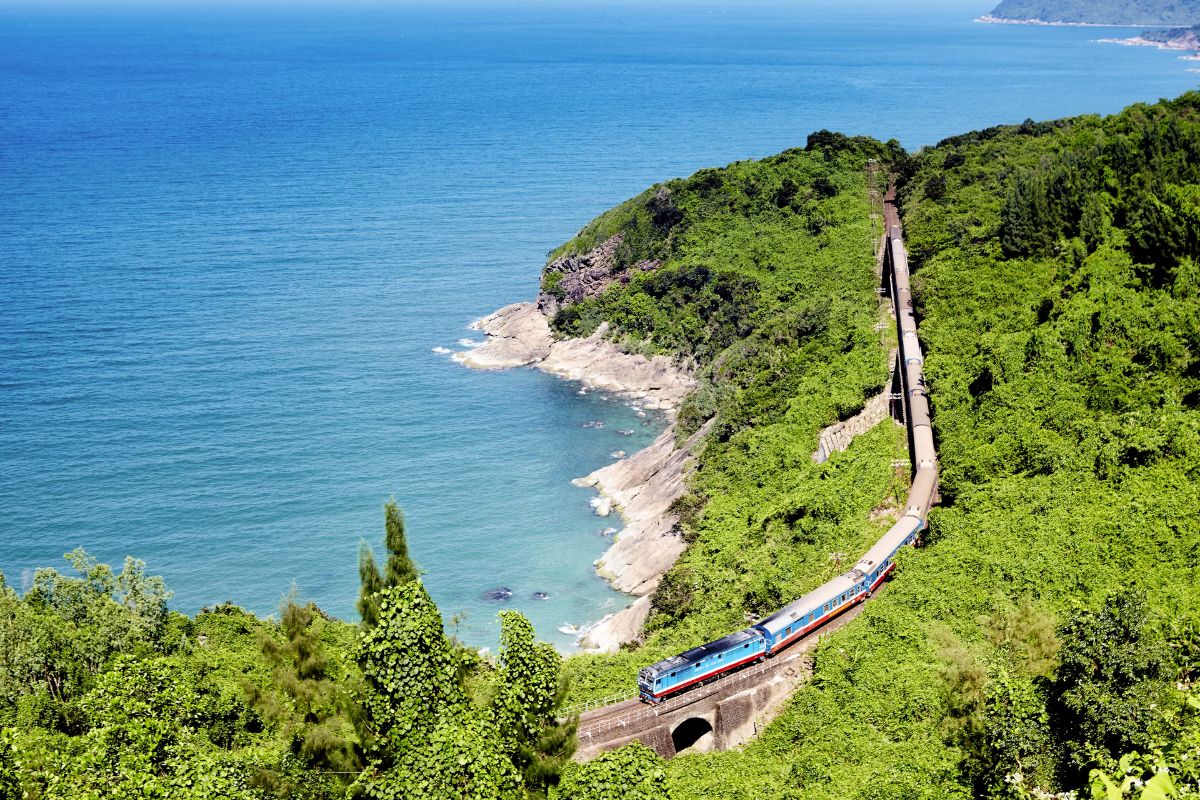
In smaller towns and tourist hubs, cycling and walking are enjoyable ways to explore. Many destinations also offer unique local transportation options, such as cyclos in Hanoi or wooden boats in the Mekong Delta. No matter your choice, plan ahead and prioritize safety, especially if riding a motorbike or navigating unfamiliar areas.
Money Matters in Vietnam
Vietnam uses the Vietnamese Dong (VND) as its currency, and cash is widely used, especially in rural areas and local markets. It’s advisable to carry smaller denominations for convenience. ATMs are readily available in cities, but they may be scarce in remote areas, so plan your withdrawals accordingly. Credit cards are accepted in many hotels, restaurants, and shops, but always confirm before making a purchase.
Tipping is not mandatory in Vietnam, but it is appreciated, especially for exceptional service in restaurants, hotels, and guided tours. Vietnam trip tips bargaining is common in markets and small shops, but remember to do so respectfully and with a smile. Familiarize yourself with currency exchange rates to avoid overpaying, and keep your money and valuables secure.
Cultural Etiquette and Safety Tips
Respect for local customs and traditions goes a long way in vacation in Vietnam tips. Dress modestly when visiting temples or religious sites, and remove your shoes before entering. Learning a few basic Vietnamese phrases, such as “xin chào” (hello) and “cảm ơn” (thank you), can enhance your interactions with locals. Always ask for permission before taking photographs of people, especially in rural or ethnic minority communities.
Safety is generally not a concern in Vietnam, as it is considered a safe destination for tourists. However, be careful with your belongings in crowded situations as petty thefts can occur. Be cautious when crossing the street or riding a motorbike as traffic can be chaotic, especially in urban areas. Purchasing travel insurance will give you greater financial security and peace of mind in the event of an emergency.
Food and Dining in Vietnam
Vietnam offers a wide variety of cuisines that emphasize bold flavors and fresh ingredients, making it a food lover’s paradise. Street stalls serve classic delicacies like pho, banh mi, and bun cha, making street food an unmissable experience. Regional specialties, such as Cao Lau in Hoi An or fresh seafood in Nha Trang, showcase the diversity of Vietnamese cuisine.
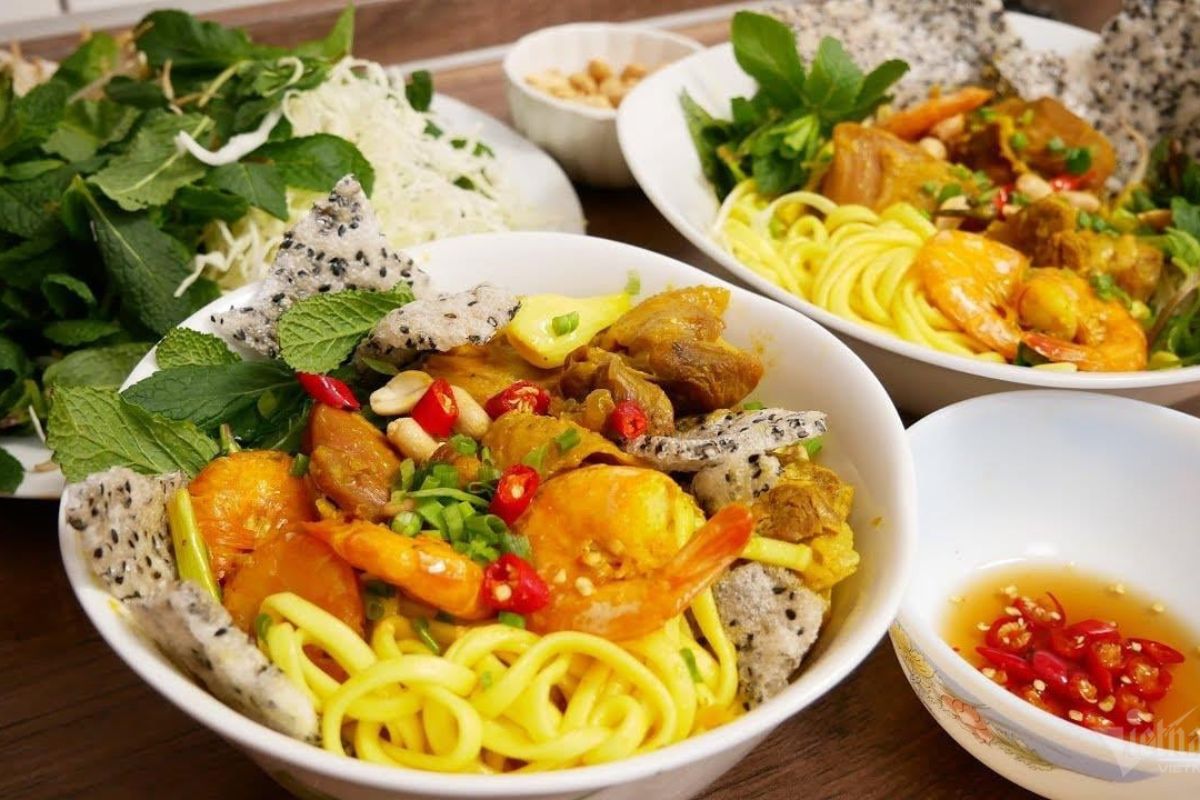
Dining etiquette varies, with chopsticks being the primary utensil. It’s customary to wait for the host to invite you to start eating and to place chopsticks neatly on the bowl when finished. Drinking tap water is not recommended, so stick to bottled or boiled water. Exploring local markets and cooking classes can also be enriching experiences for food enthusiasts.
Health and Wellness
Staying healthy during your trip ensures you can fully enjoy your vacation. Begin by checking vaccination requirements and carrying any prescribed medications. Protect yourself from mosquito bites by using repellents and wearing long sleeves in high-risk areas. Staying hydrated and using sunscreen are crucial for coping with Vietnam’s tropical climate.
Travel insurance is highly recommended, as it covers medical emergencies and trip disruptions. Pharmacies can be found all over Vietnam, except in remote areas. However, having a basic first aid kit on hand can help you quickly solve small problems. To ensure your needs are met, learn how to express them in Vietnamese or use online translation tools.
Top Vietnam Tips for Tourists
In addition to the basic preparation, some useful vacation in Vietnam tips will greatly improve your experience. These intimate tips, coming from both locals and seasoned travelers, will help you navigate daily life in Vietnam with more ease and a greater sense of culture.
- Learn basic greetings and numbers in Vietnamese
- Carry toilet paper and hand sanitizer for public restrooms
- Download offline maps and translation apps
- Keep important documents in waterproof containers
- Respect local customs and dress modestly
- Stay flexible with plans and embrace unexpected experiences
FAQs About Vacation in Vietnam Tips
What is the best time to visit Vietnam?
Vietnam is a year-round destination, but spring (March to April) and autumn (September to November) offer pleasant weather for exploring most regions.
Do I need a visa to visit Vietnam?
Visa requirements vary by nationality. Many travelers can apply for an e-visa or obtain a visa on arrival.
Is it safe to travel alone in Vietnam?
Yes, Vietnam is generally safe for solo travelers. Exercise standard precautions and stay aware of your surroundings.
What is the currency in Vietnam?
The currency is the Vietnamese Dong (VND). Cash is widely used, but credit cards are accepted in many urban establishments.
Can I use public transportation in Vietnam?
Yes, public transportation is available, including buses, trains, and domestic flights. Ride-hailing apps like Grab are popular for city travel.
Vietnam offers a kaleidoscope of experiences, from natural beauty and rich culture to unforgettable culinary adventures. By following these vacation in Vietnam tips, you can ensure a smooth and enjoyable journey. For those seeking expertly crafted itineraries and local insights, Asia Encounter is here to help. Whether you’re planning a family holiday, romantic getaway, or solo adventure, we’ll guide you through every step of your Vietnam travel plan. Start your journey with us today and uncover the magic of Vietnam.


